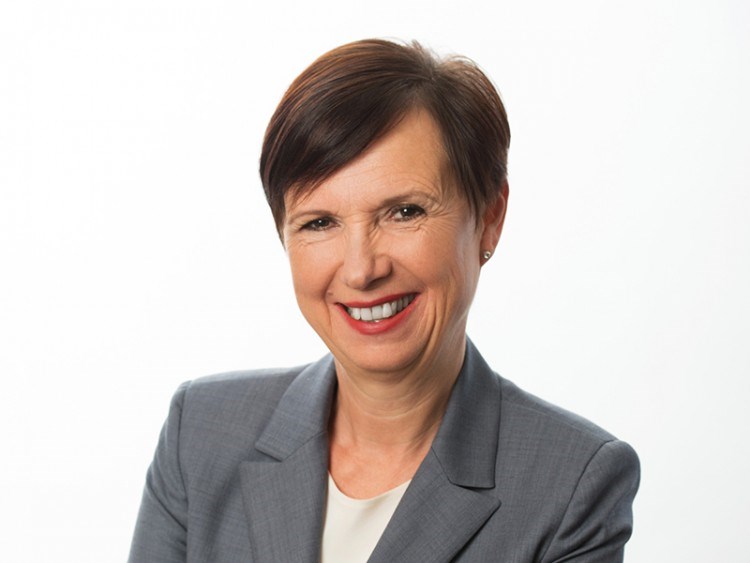B.C. is currently experiencing a boom in various industries including real-estate, mining and construction. This is causing a surge in demand for Chartered Professional Accountants (CPAs). The profession can span any industry, public practice, government and education—and students can expect unlimited career opportunities if they choose to go down the CPA road.
Accounting firm Manning Elliott functions as a student training office, having recruited students to become CPAs for 25 years. Eventually, these recruits work with private companies, public companies, U.S. tax and Canadian tax.
“The job landscape for CPAs right now is very desirable,” says Sylvia Marks, Manning Elliott’s Human Resources Manager. “The world is really their oyster.”
Misconceptions
Traditionally, the public has had many misconceptions around what CPAs actually do, says Marks.
“People used to think of CPAs as introverted individuals in the backroom who just crunch numbers,” says Marks. “That is so little of what the student and professional now does.”
Students looking to become CPAs need to have strong verbal and written communication skills, as well as interpersonal skills.
“They’re really out there selling services to the client. And they have to go out there and attract new business,” says Marks.
CPAs become valued business advisors to their clients.
“We want a student that is a go-getter—that has that whole package of a team player and is very good at communicating with their peers,” says Marks.

Sylvia Marks, Human Resources Manager at Manning Elliott LLP
From student, to CPA
CPA hopefuls must have an accounting degree from a university or college in B.C. and all the CPA prerequisites. Manning Elliott’s three offices take approximately 18 students per year in total. The firm also offers short coop opportunities for those who are unsure if they want to take the CPA route.
“One of the reasons why students seek out this profession is that we provide them with the training over a three-year period to get them where they want to go,” says Marks.
Students go through an articling process that in many ways mirrors that of the law profession. Some CPAs move into the “big world of business,” says Marks, becoming CEOs and CFOs of organizations. But many international opportunities come out of the public practice stream.
One of the best parts about public practice—especially at a mid-sized firm like Manning Elliott—is that students are given the opportunity to work through a file and have direct contact with the clients, says Marks.
“If they show the attributes to get to the next level, they will get there sooner than they would at a larger firm,” says Marks. “Our client base is somewhat smaller, so sometimes students will be working on three or four clients at a time. And they might not necessarily be all in the same industry, so students get a rounded education.”
At Manning Elliott, students get to work on a file from the beginning to the end. With a larger firm, students often work on only one section of a file for three to six months at a time.
Manning Elliott pays special attention to the longevity of its CPAs’ careers—providing support for their aspirations and grooming them to take on larger roles within the firm if they wish.
Embracing the process
Becoming a CPA is a 30-month process. In order to achieve long-term rewards as a successful professional, students should embrace the journey rather than think of it as a race, says Marks.
“Although direct to industry is an option, the knowledge base which is obtained through public practice will pay significant dividends in the future,” says Marks.
Industry jobs for designated accountants often favour individuals who have public practice experience, says Marks. Spending time in public practice, like Manning Elliott, allows young CPAs to move up in their profession at an attractive pace.
“Absorb and learn as much as you can, the learning never stops and really starts once you are a designated CPA,” says Marks.




